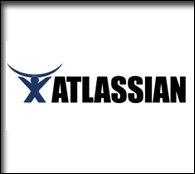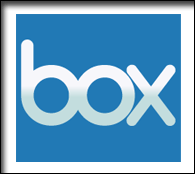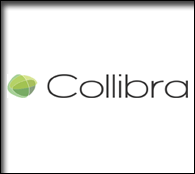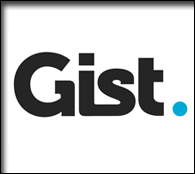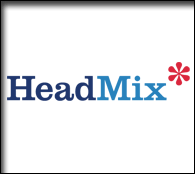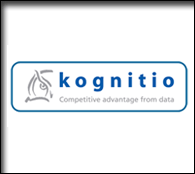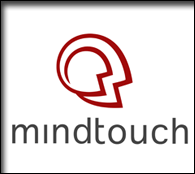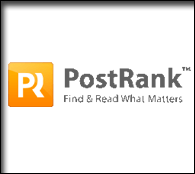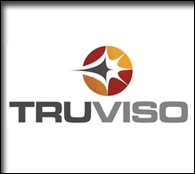An evolution of definition
by Eric Norlin on Jun.18, 2008, under conference topics, defrag "theory"
I’ve started to see some articles surface that are highlighting the problem of “defining enterprise 2.0.” I’m more than sympathetic to attempting such feats. Back when we started Digital ID World, “digital identity” was such an out-there concept that for the first two years of the conference, every single presentation (no joke - EVERY SINGLE PRESENTATION) began with the presenter telling us *their* definition of digital identity. Needless to say, it got tiresome — and actually, one of the ways we knew that digital identity was getting real was in year three when no one felt the need to define it any longer. That’s my “free tip of the day” to the enterprise 2.0 crowd. Measure adoption by a lack of need to define.
That said, we’ve long used a pretty fluid idea of what we mean when we say “Defrag” (the conference), so I thought it might be useful to review the “evolution”:
1. It all started with that guy named Feld. Brad was posting about an investment theme he was figuring out and he was struggling with what to call it. It went from “intelligence amplification” to some other things I forgot to “the implicit web.” The core idea, though, remained the same: we have a problem of “information overload,” and we need better tools for dealing with it.
Brad’s initial blogging A) led to us starting Defrag, and B) (importantly) insisted on crossing the enterprise-consumer barrier. This was not simply “collaboration” or “productivity,” rather it was a bigger problem that ended up (we discovered) encompassing those two things.
2. The second iteration of Defrag (the idea) happened as I started to talk to people about this new conference we were launching. I needed an analogy to help explain things. The one that stuck (if badly) was the “brainstorm.” Roughly: what we’re doing with the internet is recreating the brainstorming session. We’ve handled co-location (physical space) and simultaneity (time), and we’re even working on who’s in the room (identity), but what we haven’t done yet was develop tools that helped us (as individuals and groups) turn data into knowledge at a faster pace. We needed to get some *velocity* on the process of insight. This analogy led directly to the tagline you see on Defrag today: Accelerating the “aha” moment. (For those of you interested, the original tagline for Defrag was “assembling the disparate bits.”)
3. The third iteration of Defrag occurred between the launch of the conference and ran through the conference itself. It was a communal process of part self-identification and part-critical thinking. At the end of it, we discovered that a bunch of themes related to Defrag: the attention economy, the semantic web, enterprise 2.0, web 3.0 (ugh), information overload, the implicit web, social networking (especially in the enterprise), even knowledge management and search.
That iteration has not led us to some concrete definition. Rather it helped me to write this overly-broad statement: “As online data is growing and fragmenting at an exponential pace, individuals, groups and organizations are struggling to discover, assemble, organize, act on and gather feedback from that data. In the largest sense, we’re all looking to augment the pace at which we achieve insights on raw data — to acclerate the “aha” moment. ”
You see? It doesn’t *quite* capture it.
4. We’re standing now in the fourth iteration - what I’d call the iteration of intersections. What we know is that we have this really big problem. We can define that problem as “information overload” broadly, but even that might miss the mark slightly. The problem actually gets highlighted by putting a bunch of terms on the board and letting a Venn diagram overlap to outline what we’re talking about. Those terms, then, include: the implicit web, enterprise 2.0, semantic web, collective intelligence, (social) networking in the enterprise, next-level discovery and some others I’m probably forgetting.
Let me be clear: Defrag is not about being all things to all people. There are some technologies that simply don’t apply. We’re not trying to be the big-tent circus of web 2.0 that brings everything under one roof (not that that’s bad, that’s just not us). What we are trying to do is bring together disparate parties that might not necessarily see themselves as working on the same problem, and get them to see that “aha” — maybe so.
Its a big, nasty, hairy, meaty problem - and it generated a lot of really good stuff last year. We’re gonna do it all again, so I hope you’ll contribute to the conversation and join us.
As a bonus, Read/WriteWeb is writing about the problem today, and we’re reading. ![]()
